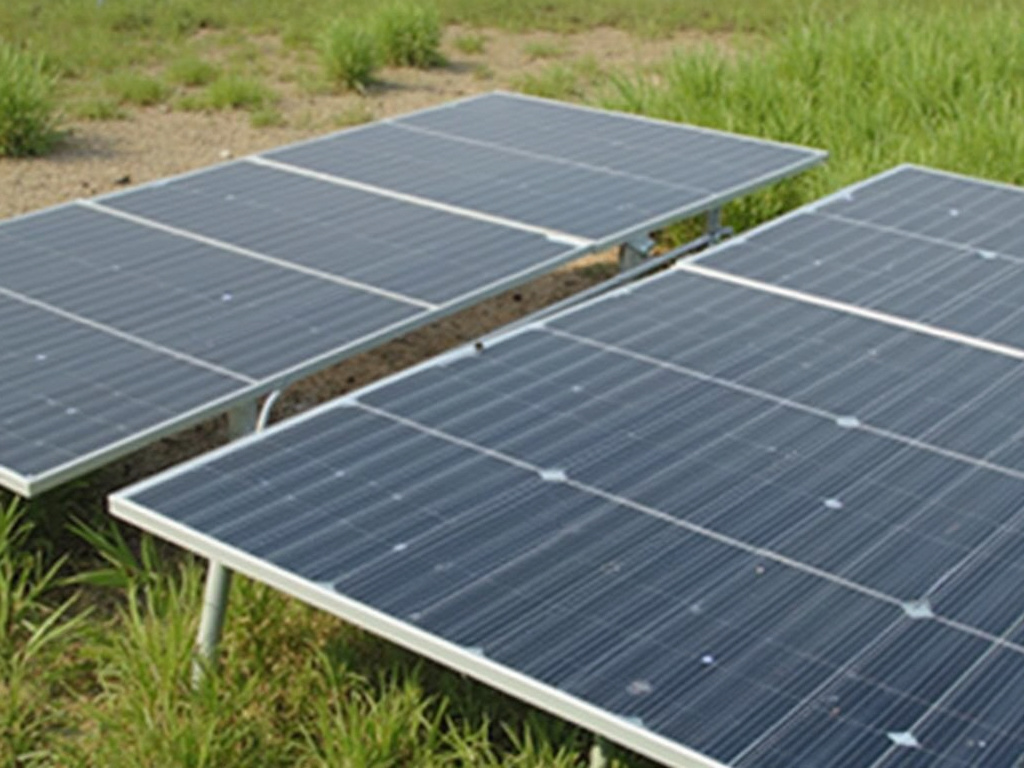The Israel-US collaboration in technology is reaching new heights, with initiatives spanning artificial intelligence, clean energy, and global health. Through strategic dialogues and joint research programs, both nations are leveraging their strengths to address pressing global challenges and drive innovation across various sectors.
Key Takeaways:
- The U.S.-Israel Strategic High-Level Dialogue on Technology aims to tackle global challenges like pandemic preparedness and climate change
- Collaboration extends to clean energy technologies and electric vehicle advancements
- Joint efforts in AI focus on healthcare, agriculture, and trustworthy AI systems
- The BIRD Foundation has supported over 1,000 joint R&D projects with a 70% commercial success rate
- Partnerships cover diverse fields including cybersecurity, quantum computing, and medical technology
The U.S.-Israel Strategic High-Level Dialogue on Technology
In July 2022, President Biden and Prime Minister Lapid launched a groundbreaking collaboration between the United States and Israel. This initiative, known as the U.S.-Israel Strategic High-Level Dialogue on Technology, marks a new era in bilateral relations focused on technological innovation.
The first meeting, led by National Security Advisors Jake Sullivan and Dr. Eyal Hulata, brought together senior representatives from various government departments. Their goal? To address global challenges head-on, including pandemic preparedness, climate change, AI implementation, and the creation of trusted technology ecosystems.
To make real progress, the dialogue established focused working groups. These teams are tasked with advancing cooperation in critical and emerging technologies, ensuring that both nations can leverage their unique strengths to drive innovation forward.
Tackling Global Challenges: From Climate Change to Pandemic Preparedness
The collaboration between Israel and the US extends far beyond theoretical discussions. It's making tangible impacts in critical areas such as clean energy and global health security.
In the realm of clean energy, both nations are working together to develop technologies for low and middle-income countries. This effort includes a Water Reuse Mission to Israel, which involved nearly 50 Federal, State, and local officials. The collaboration also extends to battery supply chains and electric vehicle technologies under the Inflation Reduction Act.
On the health front, a Memorandum of Understanding between the U.S. Department of Health and Human Services and the Israeli Ministry of Health has paved the way for cooperation on health-related monitoring, biomedical research, and regulatory frameworks. The Negev Forum Health Working Group further strengthens this partnership, focusing on global health security and pandemic preparedness.
Advancing AI and Trusted Technology Ecosystems
Artificial Intelligence (AI) stands at the forefront of the Israel-US technological collaboration. Both nations are committed to developing trustworthy AI systems, particularly in healthcare. This includes efforts to create fair AI-driven health systems and applications for veterans' treatment.
The partnership extends to agricultural applications, where AI is being used to develop new crop varieties that can combat climate change. This innovative approach showcases how technology can address environmental challenges while improving food security.
To ensure the responsible development of these technologies, both countries have created a workplan to manage risks in technology ecosystems. This plan covers crucial areas such as:
- Research security
- Export controls
- Investment screening
The collaboration also includes partnerships between AI-Vets and the Israel Trade and Economic Mission, as well as between the National Quantum Coordination Office and the Israel National Quantum Initiative. These partnerships underscore the broad scope of the technological cooperation between the two nations.
The BIRD Foundation: Fostering U.S.-Israel Tech Innovation
At the heart of the U.S.-Israel technological partnership lies the BIRD Foundation. Established in 1977, this foundation has been instrumental in supporting mutually beneficial R&D projects between the two countries.
The BIRD Foundation provides grants of up to $1.5 million for joint projects. Its track record is impressive, with over 1,000 projects supported and a 70% success rate in commercial viability. The foundation focuses on key areas including:
- Agriculture
- Renewable energy
- Cybersecurity
- Medical technology
Some notable success stories include FieldIn (autonomous tractors), BeeHero (beehive sensors), and Netafim (precision irrigation). These projects demonstrate how the foundation is driving innovation in critical sectors.
The BIRD Foundation's board includes representatives from the U.S. Commerce and State departments and Israel's Finance Ministry, ensuring that the collaboration remains aligned with both nations' strategic interests.
As we look to the future, it's clear that the Israel-US technological partnership is set to continue its upward trajectory. By combining their expertise, resources, and innovative spirit, these two nations are not just advancing their own interests but contributing to global progress in critical areas such as health, energy, and artificial intelligence.
Sources: BIRD Foundation, FieldIn, BeeHero, Netafim






